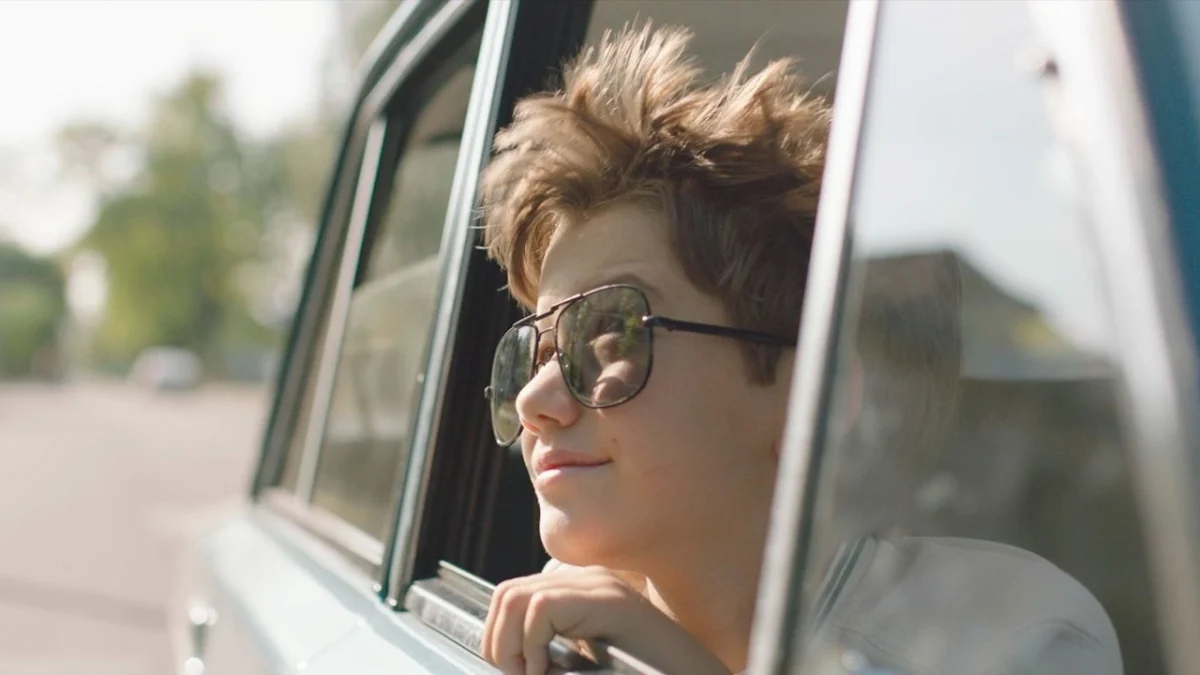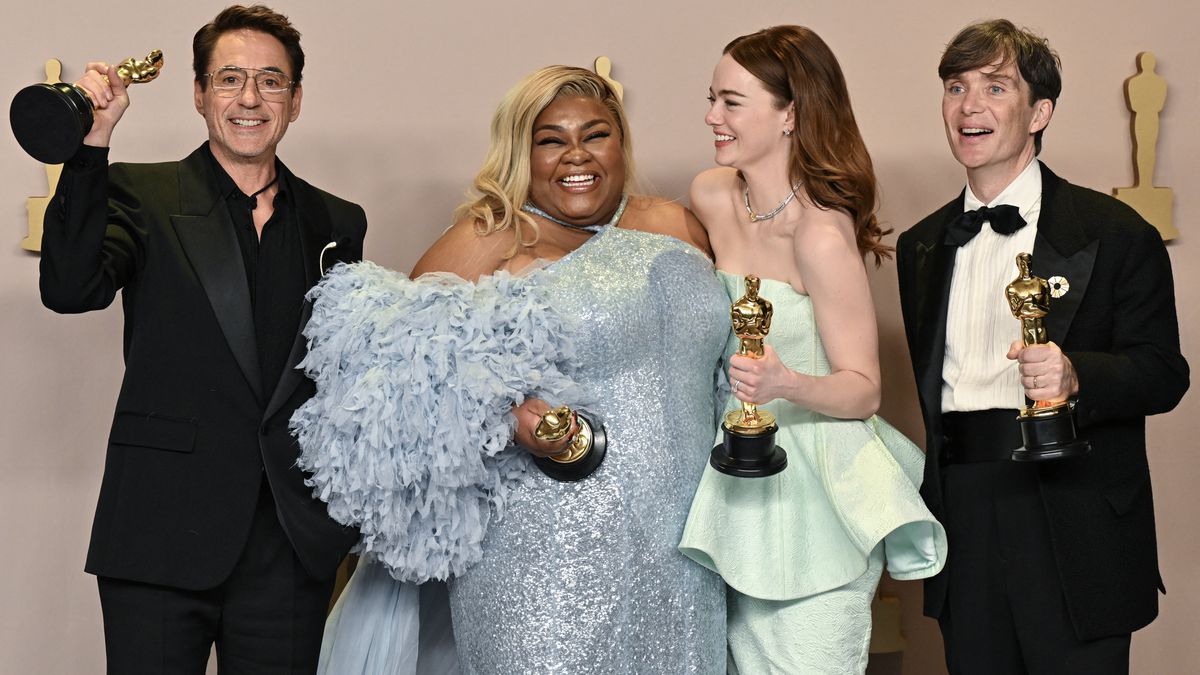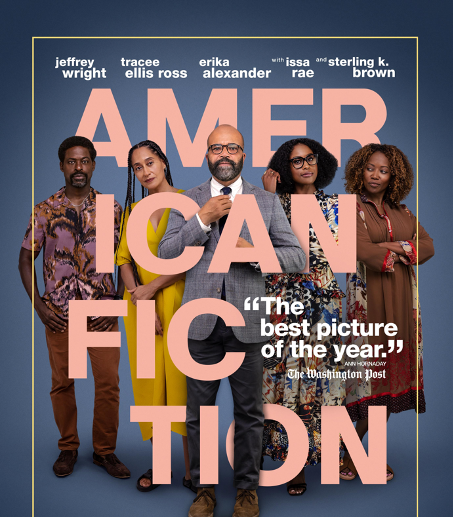
Man, that movie was weird.
One of this weekend’s films at the box office was “A Thousand Words,” starring Eddie Murphy, who plays overly-hopped-up-on-caffeine and incredibly talkative book agent Jack McCall.
The initial premise of the movie offers the idea that it would be one of those “Dr. Dolittle” types where Murphy finds himself in one hell of a situation that is borderline science-fiction and, through self-acceptance and a lot of character development, comes out for the better and moves on with his life. And that’s what happened in “A Thousand Words,” for the most part.
When McCall goes to try and sign a spiritual leader to his agency, he suddenly finds himself with a tree in his backyard. Okay, not bad, he can handle it. However, trouble seeps in when McCall realizes his words will force leaves to fall from the tree, and when all 1,000 of those leaves fall off, McCall, much like the tree, will perish.
Except that when trees lose their leaves, they don’t die, but rather they change seasonally –more on that later.
Again, the movie was weird.
For one, Murphy was limited in his speaking for about a third of the film, as McCall tries to limit his words and save himself from dying with the tree. Murphy in a non-speaking role seems charming at first, but it’s terribly executed as his facial expressions, which were meant to get across certain points, fell flat and looked like scenes out of “Nutty Professor.” He appears as if he’s holding back vomit at several times throughout the film.
Then there’s McCall’s lifestyle and relationships, painting him as if he’s supposed to be a 30-year-old up-and-comer in the business with a child and lovely wife, Caroline McCall (Kerry Washington). It’s strange seeing 51-year-old Murphy talk smack, act like a “playa” and then nestle down with the 35-year-old Washington. Not only was the pairing of Murphy and Washington odd in itself, but for Murphy to be this “I’m not ready to be a father” type really added to the baffling inconsistency of the movie.
Even the comedy didn’t seem on target, as it really generated few laughs. Usually a hit at the box office, Clark Duke (“Sex Drive,” “Hot Tub Time Machine”), who plays McCall’s assistant, Aaron Wiseberger, fell flat on several occasions. Duke likes to throw out quick quips and be that guy who knows everything and responds to prompts with a snarky attitude. In this film, though, Duke’s character was a nervous, stumbling boy who, at two points in the film, shifts his character dramatically in order to “play agent.” Duke didn’t rely on his old tricks and sadly there was no pay-off for the audience.
One – and probably the only – hilarious moment in the film came in the form of Duke and puppets. Yeah, it was weird, but hilarious.
So with Duke failing in his comic relief role and Murphy’s laugh-inspiring days long behind him, this comedy didn’t live up to its billing. Even when Murphy goes to meet his wife in a hotel bedroom and he stumbles upon a revolutionary patriot, it still lacks spark.
And where it lacks the most is in that it just isn’t at all realistic.
Not all comedies must be realistic, but because of this film’s message, it almost felt like it had to be. Even in the final scenes, when Murphy has his cathartic moment and starts making nice with everyone and everything he’s wronged, “A Thousand Words” continues to struggle with its identity, almost seeming like it’s trying to become a dramatic film up for an Oscar. The points that director Brian Robbins and writer Steve Koren try to get across are all well and good, but the way they go about doing it, with the falling-flat humor and unrealistic manner in which McCall goes about his day, is the film’s ultimate unraveling.
And there’s the whole “trees don’t die” concept. Most trees lose their leaves to prepare for the upcoming winter season, not because they’re dying in any way. Though – spoiler alert – Murphy doesn’t die at the end of the film, and comes out with a new moral paradigm, the resolution doesn’t even feel like the plot’s final point of emphasis. It is, though, a little laughable.
One won’t have a problem getting through the film, it’s an enjoyable experience for the eyes, and the cinematography is spot on. Both Murphy and Washington strip down at separate points in the film, so there’s some eye-candy. And squirrels run up a tree – and thus up Murphy – at a point, so there’s something for the kids too. It’s not a movie one will regret seeing, but it’s also a piece one won’t necessarily regret not seeing.
It was a weird film from beginning to end, with little hope for success found anywhere. It made $1.9 million over the weekend, according to comingsoon.net, and probably won’t make much more than that once reviews get out.
It’s a fine movie if one’s looking for something to do. But if there’s a chance to do something that inspires laughter, thought and warm, tender feelings, potential movie-goers should follow that path instead.
And while they say a picture is worth a thousand words, this picture surely is not.
Herb Scribner can be reached at [email protected] and followed on Twitter @MDC_Scribner.






